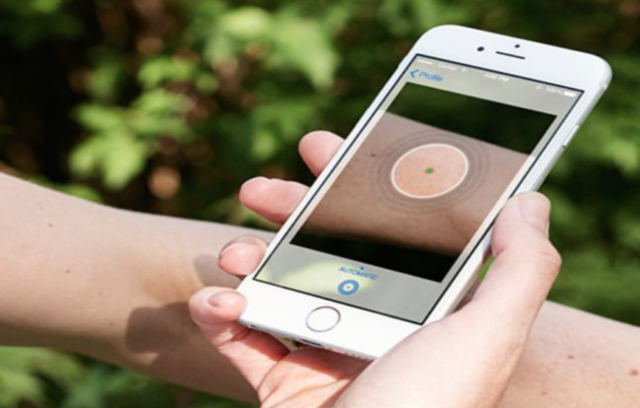Skin blemishes come in a variety of forms. From acne to birthmarks, cold sores or hyperpigmentation, a blemish is simply a term for a mark on the skin.
And whilst generally not harmful they can be a source of discomfort and damaging to your self-confidence. This is especially true if that blemish is somewhere visible like your face.
Thankfully, there are a variety of different treatments available for the blemishes we may suffer from.
A medically-reviewed article by skin care specialist Dr Cynthia Cobb on the Medical News Today website goes some way in explaining the ins and outs of skin blemishes and how to treat them. Here is some of her advice on how to deal with facial skin blemishes.
Before we get into that it should be noted that if you are concerned about a blemish expert medical advice should be sought as some types of blemish could be an indicator of skin cancer.
Acne
Contents
Practically everyone has experience with acne at some point in their lives. Typically, it is during those growing teenage years but realistically anyone can be affected by it at any time.
It is a skin condition which occurs as a result of too much oil being produced in the skin. This can be due to a variety of factors including overactive oil glands, hormonal changes, or even stress and anxiety.
Acne comes in the form of blackheads, whiteheads, pustules, cysts etc.
Acne Treatment
For treating acne Dr Cobb advises ‘washing the face twice daily with a cleanser containing benzoyl peroxide or salicylic acid’ or using ‘topical creams such as benzoyl peroxide’ as ‘these products can help dry out the skin and get rid of acne-causing bacteria’.
Dr Cobb also advises that ‘acne treatments can take time to have a noticeable effect’ and ‘people may need to wait 6 to 8 weeks for them to work’ so be patient.
Hyperpigmentation
This is a type of blemish that can make the skin look darker in appearance. A common form of it can be found in the guise of freckles and Dr Cobb says it ‘can occur as a result of genetic factors, sun damage, or acne scarring’.
Thankfully, hyperpigmentation is typically common and harmless.
Hyperpigmentation Treatment
Several treatments are available to help reduce issues with hyperpigmentation. Here Dr Cobb advises ‘over-the-counter or prescription medicine containing hydroquinone’ which, she adds, ‘works by lightening darker patches of skin’.
Other options include ‘prescription cortisone or tretinoin cream or laser treatment’.
Cold Sores
Cold sores are the result of infection with the herpes simplex virus and come in the shape of small blisters that form on the lips or mouth.
Unfortunately, they are highly contagious so any intimate contact with others is strongly advised against.
Cold Sore Treatment
The good news here is that ‘cold sores tend to clear up on their own within 2 weeks’.
Your doctor or chemist may be able to ‘prescribe an oral or topical antiviral medicine to treat cold sores’ if you want to get proactive in treating them.
Birthmarks
Birthmarks are a blemish that was on your skin when you were born, either at birth or not long afterwards. While there are a few theories as to why they form there is yet no clear definitive answer. Typically they are harmless.
Birthmark Treatment
As birthmarks are a bit of a mystery and something you would have from birth anyone suffering from one has probably sought medical treatment previously. The treatments available include laser therapy and various medications like corticosteroids. Surgery is another, if yet more risky treatment.
Most birthmark sufferers who cannot, or don’t want to, get rid of their mark tend to cover it up with make-up particularly when it is somewhere like their face.
If you are suffering from a facial blemish that deeply concerns you medical advise should be sought. Thankfully, many blemishes are relatively harmless and may be resolved in a fairly short period of time.


